Makroökonomik
In der Abteilung Makroökonomik werden kurz- und mittelfristige Schwankungen gesamtwirtschaftlicher Variablen (zum Beispiel des Bruttoinlandsprodukts, der Beschäftigung, der Preise und der Zinsen), die Wirkungen wirtschaftspolitischer Maßnahmen auf diese Größen und die institutionellen Rahmenbedingungen für Konjunktur und langfristiges Wirtschaftswachstum erforscht. Auf Basis dieser Forschung bietet die Abteilung wissenschaftlich fundierte und evidenzbasierte wirtschaftspolitische Beratung an.
Die Abteilung deckt ein breites Spektrum makroökonomischer Fragestellungen ab. Die Forschungsschwerpunkte liegen in der Entwicklung, Implementierung und Anwendung quantitativer makroökonomischer Modelle sowie in der Analyse der Interaktion von Finanzsystem und realwirtschaftlicher Entwicklung.
Ihr Kontakt

- Abteilung Makroökonomik
Referierte Publikationen

Advances in Using Vector Autoregressions to Estimate Structural Magnitudes
in: Econometric Theory, im Erscheinen
Abstract
This paper surveys recent advances in drawing structural conclusions from vector autoregressions (VARs), providing a unified perspective on the role of prior knowledge. We describe the traditional approach to identification as a claim to have exact prior information about the structural model and propose Bayesian inference as a way to acknowledge that prior information is imperfect or subject to error. We raise concerns from both a frequentist and a Bayesian perspective about the way that results are typically reported for VARs that are set-identified using sign and other restrictions. We call attention to a common but previously unrecognized error in estimating structural elasticities and show how to correctly estimate elasticities even in the case when one only knows the effects of a single structural shock.
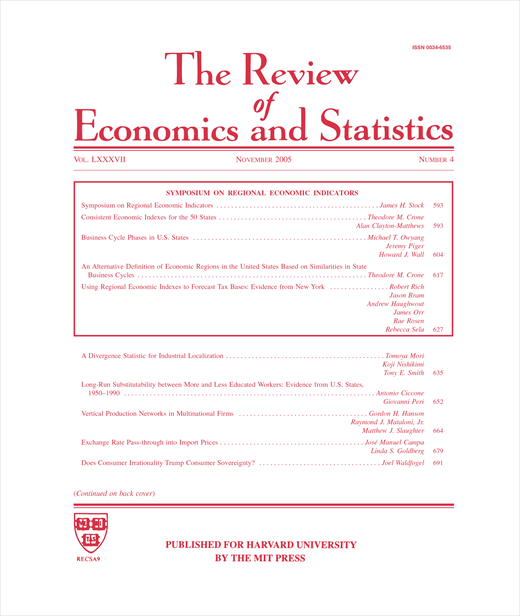
Tracking Weekly State-Level Economic Conditions
in: Review of Economics and Statistics, Nr. 2, 2024
Abstract
This paper develops a novel dataset of weekly economic conditions indices for the 50 U.S. states going back to 1987 based on mixed-frequency dynamic factor models with weekly, monthly, and quarterly variables that cover multiple dimensions of state economies. We find considerable cross-state heterogeneity in the length, depth, and timing of business cycles. We illustrate the usefulness of these state-level indices for quantifying the main contributors to the economic collapse caused by the COVID-19 pandemic and for evaluating the effectiveness of the Paycheck Protection Program. We also propose an aggregate indicator that gauges the overall weakness of the U.S. economy.
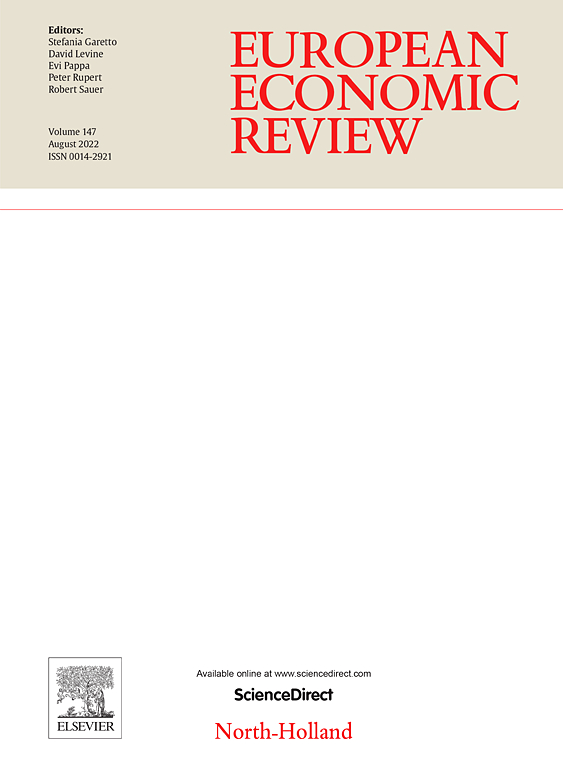
Financial Technologies and the Effectiveness of Monetary Policy Transmission
in: European Economic Review, January 2024
Abstract
This study investigates whether and how financial technologies (FinTech) influence the effectiveness of monetary policy transmission. We use an interacted panel vector autoregression model to explore how the effects of monetary policy shocks change with regional-level FinTech adoption. Results indicate that FinTech adoption generally mitigates the transmission of monetary policy to real GDP, consumer prices, bank loans, and housing prices, with the most significant impact observed in the weakened transmission to bank loan growth. The relaxed financial constraints, regulatory arbitrage, and intensified competition are the possible mechanisms underlying the mitigated transmission.
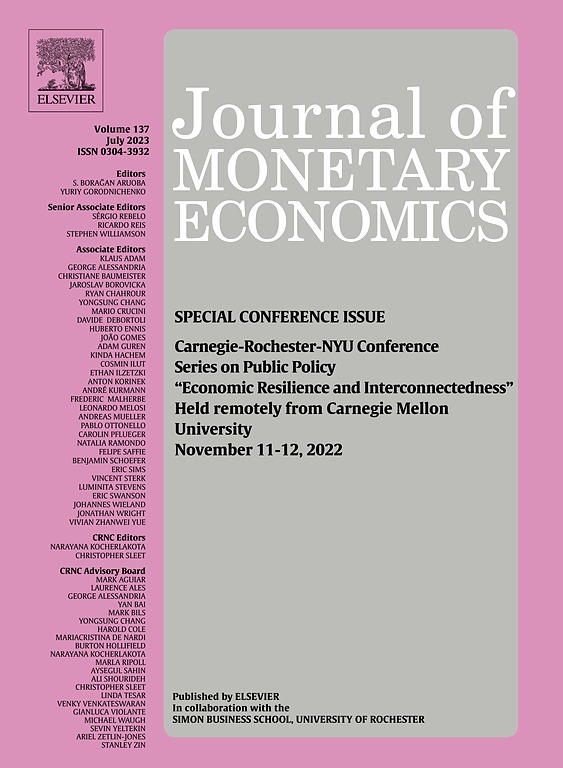
Understanding Post-Covid Inflation Dynamics
in: Journal of Monetary Economics, November 2023
Abstract
We propose a macroeconomic model with a nonlinear Phillips curve that has a flat slope when inflationary pressures are subdued and steepens when inflationary pressures are elevated. The nonlinear Phillips curve in our model arises due to a quasi-kinked demand schedule for goods produced by firms. Our model can jointly account for the modest decline in inflation during the Great Recession and the surge in inflation during the post-COVID period. Because our model implies a stronger transmission of shocks when inflation is high, it generates conditional heteroskedasticity in inflation and inflation risk. Hence, our model can generate more sizeable inflation surges due to cost-push and demand shocks than a standard linearized model. Finally, our model implies that the central bank faces a more severe trade-off between inflation and output stabilization when inflation is elevated.
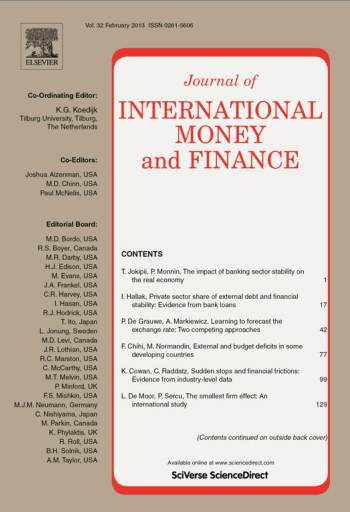
Conditional Macroeconomic Survey Forecasts: Revisions and Errors
in: Journal of International Money and Finance, November 2023
Abstract
Using data from the European Central Bank's Survey of Professional Forecasters and ECB/Eurosystem staff projections, we analyze the role of ex-ante conditioning variables for macroeconomic forecasts. In particular, we test to which extent the updating and ex-post performance of predictions for inflation, real GDP growth and unemployment are related to beliefs about future oil prices, exchange rates, interest rates and wage growth. While oil price and exchange rate predictions are updated more frequently than macroeconomic forecasts, the opposite is true for interest rate and wage growth expectations. Beliefs about future inflation are closely associated with oil price expectations, whereas expected interest rates are related to predictions of output growth and unemployment. Exchange rate predictions also matter for macroeconomic forecasts, albeit less so than the other variables. With regard to forecast errors, wage growth and GDP growth closely comove, but only during the period when interest rates are at the effective zero lower bound.
Arbeitspapiere
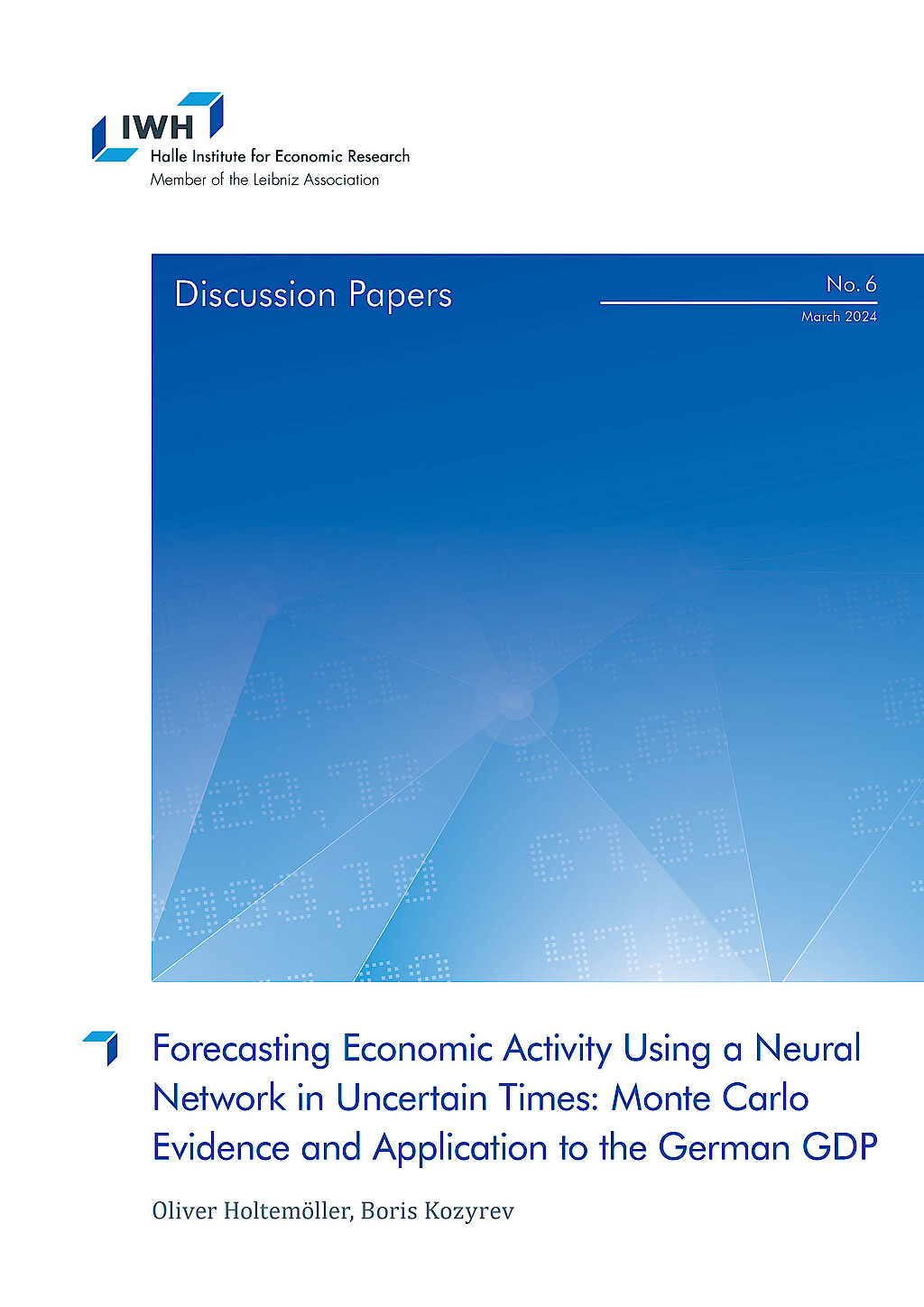
Forecasting Economic Activity Using a Neural Network in Uncertain Times: Monte Carlo Evidence and Application to the German GDP
in: IWH Discussion Papers, Nr. 6, 2024
Abstract
In this study, we analyzed the forecasting and nowcasting performance of a generalized regression neural network (GRNN). We provide evidence from Monte Carlo simulations for the relative forecast performance of GRNN depending on the data-generating process. We show that GRNN outperforms an autoregressive benchmark model in many practically relevant cases. Then, we applied GRNN to forecast quarterly German GDP growth by extending univariate GRNN to multivariate and mixed-frequency settings. We could distinguish between “normal” times and situations where the time-series behavior is very different from “normal” times such as during the COVID-19 recession and recovery. GRNN was superior in terms of root mean forecast errors compared to an autoregressive model and to more sophisticated approaches such as dynamic factor models if applied appropriately.
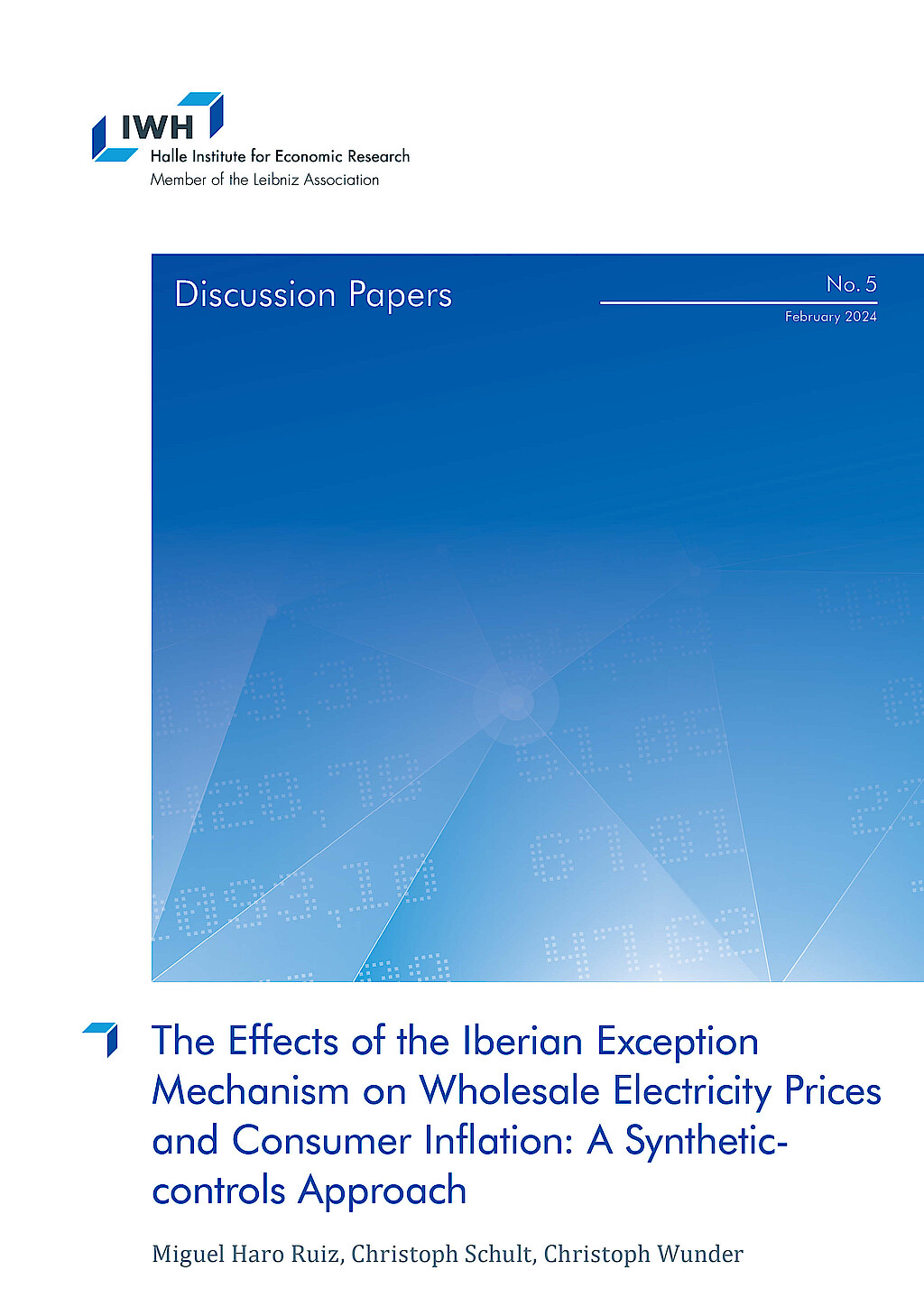
The Effects of the Iberian Exception Mechanism on Wholesale Electricity Prices and Consumer Inflation: A Synthetic-controls Approach
in: IWH Discussion Papers, Nr. 5, 2024
Abstract
This study employs synthetic control methods to estimate the effect of the Iberian exception mechanism on wholesale electricity prices and consumer inflation, for both Spain and Portugal. We find that the intervention led to an average reduction of approximately 40% in the spot price of electricity between July 2022 and June 2023 in both Spain and Portugal. Regarding overall inflation, we observe notable differences between the two countries. In Spain, the intervention has an immediate effect, and results in an average decrease of 3.5 percentage points over the twelve months under consideration. In Portugal, however, the impact is small and generally close to zero. Different electricity market structures in each country are a plausible explanation.
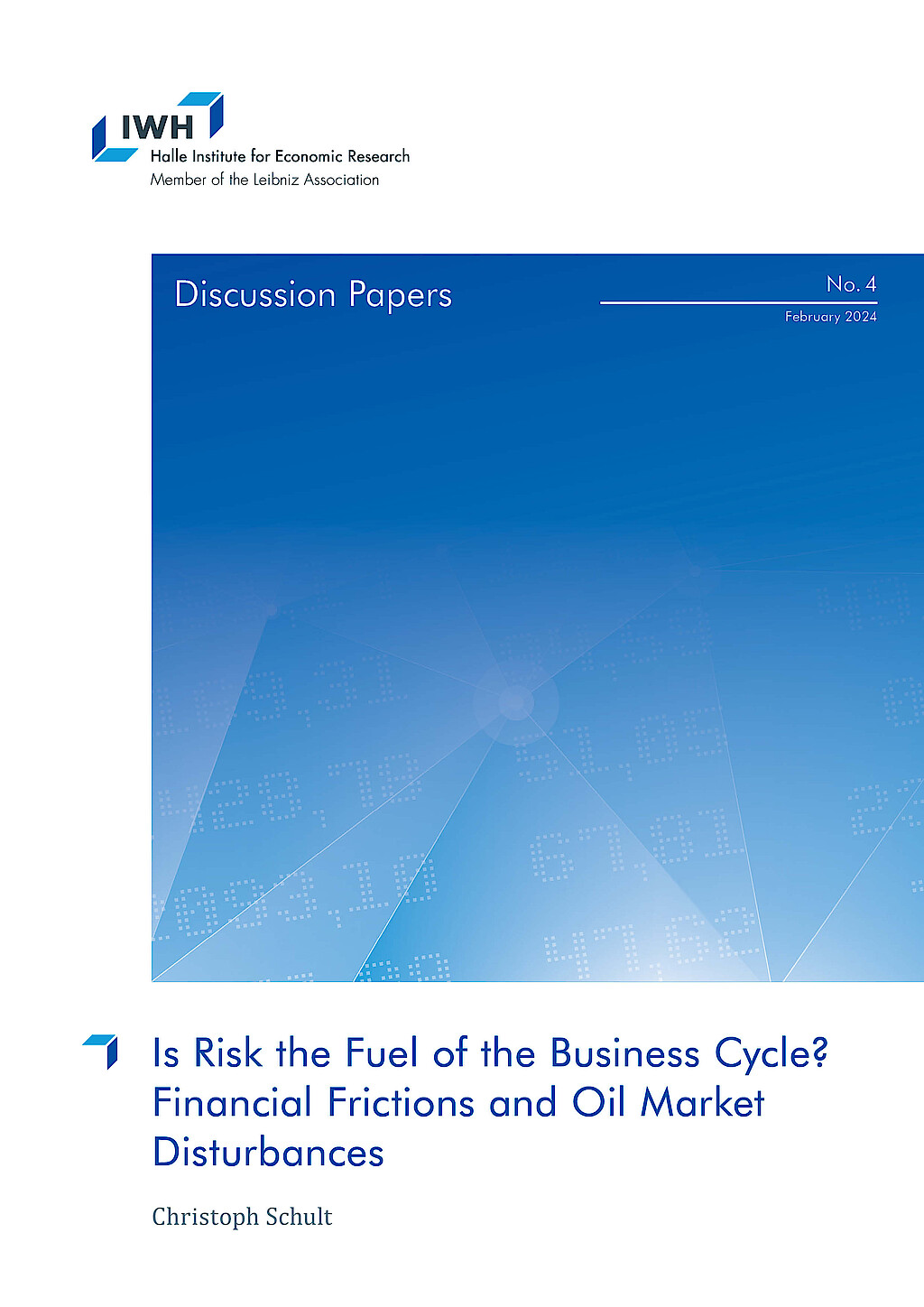
Is Risk the Fuel of the Business Cycle? Financial Frictions and Oil Market Disturbances
in: IWH Discussion Papers, Nr. 4, 2024
Abstract
I estimate a dynamic stochastic general equilibrium (DSGE) model for the United States that incorporates oil market shocks and risk shocks working through credit market frictions. The findings of this analysis indicate that risk shocks play a crucial role during the Great Recession and the Dot-Com bubble but not during other economic downturns. Credit market frictions do not amplify persistent oil market shocks. This result holds as long as entry and exit rates of entrepreneurs are independent of the business cycle.
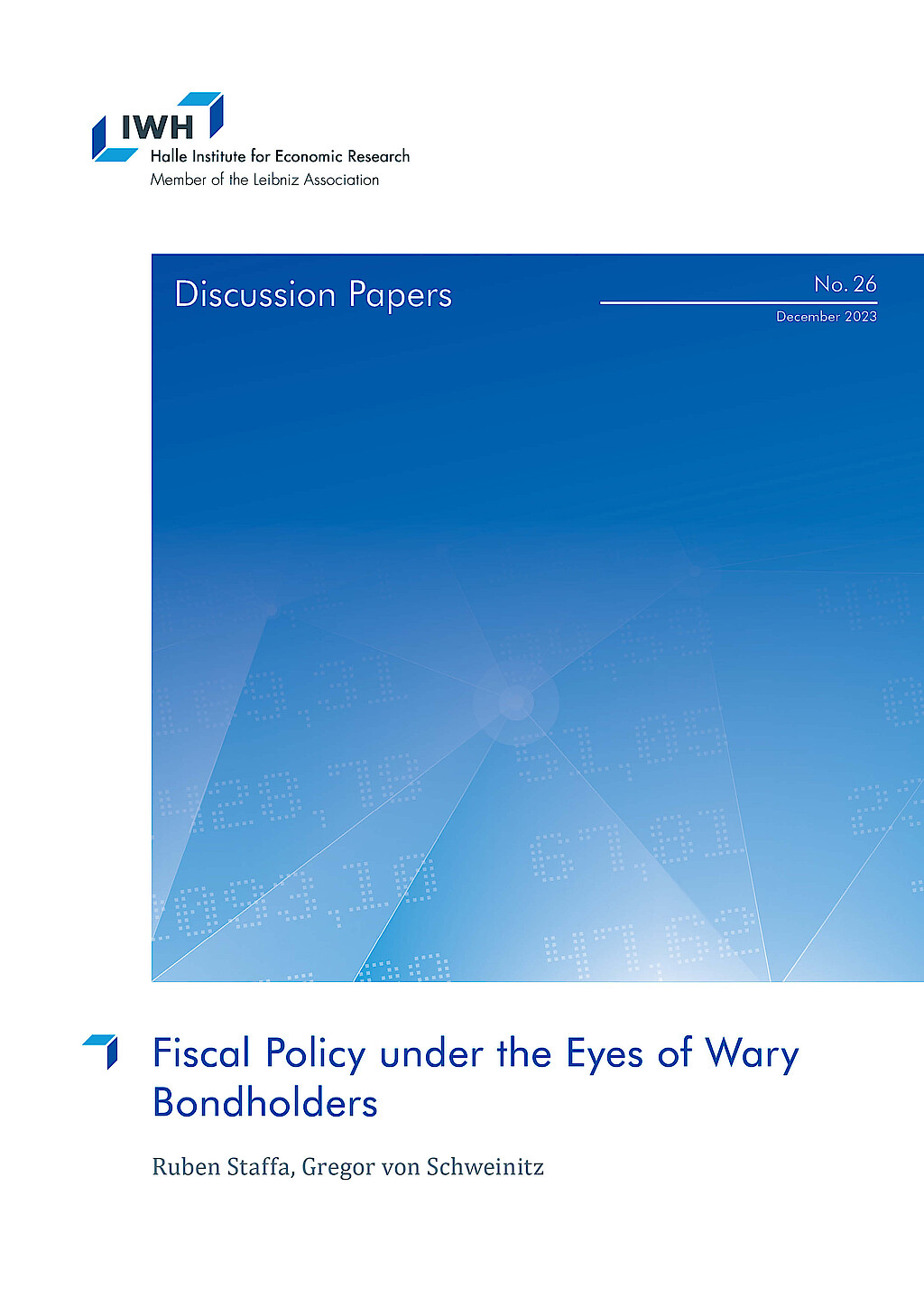
Fiscal Policy under the Eyes of Wary Bondholders
in: IWH Discussion Papers, Nr. 26, 2023
Abstract
This paper studies the interaction between fiscal policy and bondholders against the backdrop of high sovereign debt levels. For our analysis, we investigate the case of Italy, a country that has dealt with high public debt levels for a long time, using a Bayesian structural VAR model. We extend a canonical three variable macro mode to include a bond market, consisting of a fiscal rule and a bond demand schedule for long-term government bonds. To identify the model in the presence of political uncertainty and forward-looking investors, we derive an external instrument for bond demand shocks from a novel news ticker data set. Our main results are threefold. First, the interaction between fiscal policy and bondholders’ expectations is critical for the evolution of prices. Fiscal policy reinforces contractionary monetary policy through sustained increases in primary surpluses and investors provide incentives for “passive” fiscal policy. Second, investors’ expectations matter for inflation, and we document a Fisherian response of inflation across all maturities in response to a bond demand shock. Third, domestic politics is critical in the determination of bondholders’ expectations and an increase in the perceived riskiness of sovereign debt increases inflation and thus complicates the task of controlling price growth.
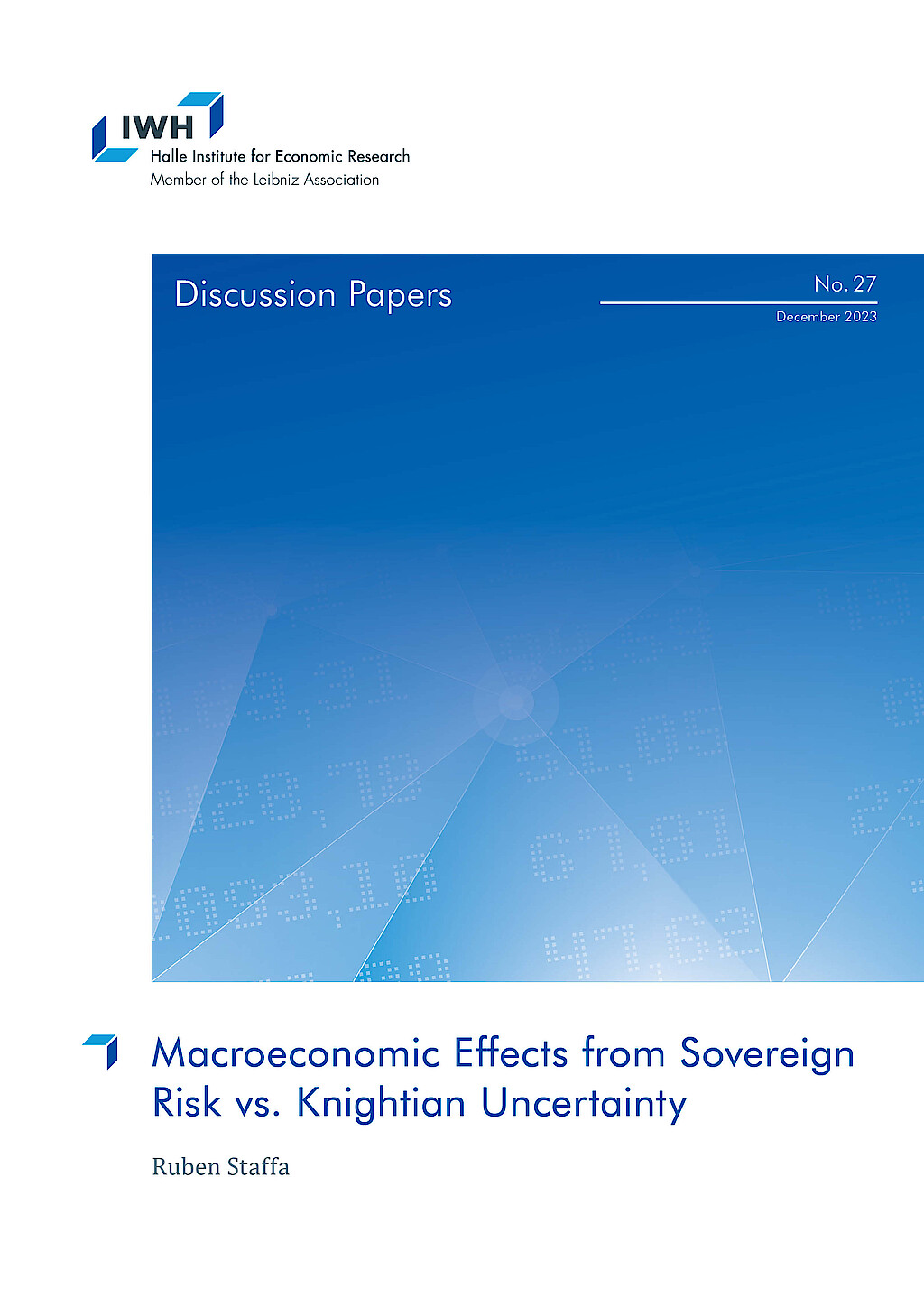
Macroeconomic Effects from Sovereign Risk vs. Knightian Uncertainty
in: IWH Discussion Papers, Nr. 27, 2023
Abstract
This paper compares macroeconomic effects of Knightian uncertainty and risk using policy shocks for the case of Italy. Drawing on the ambiguity literature, I use changes in the bid-ask spread and mid-price of government bonds as distinct measures for uncertainty and risk. The identification exploits the quasi-pessimistic behavior under ambiguity-aversion and the dealer market structure of government bond markets, where dealers must quote both sides of the market. If uncertainty increases, ambiguity-averse dealers will quasi-pessimistically quote higher ask and lower bid prices – increasing the bid-ask spread. In contrast, a pure change in risk shifts the risk-compensating discount factor which is well approximated by the change in bond mid-prices. I evaluate economic effects of the two measures within an instrumental variable local projection framework. The main findings are threefold. First, the resulting shock time series for uncertainty and risk are uncorrelated with each other at the intraday level, however, upon aggregation to monthly level the measures become correlated. Second, uncertainty is an important driver of economic aggregates. Third, macroeconomic effects of risk and uncertainty are similar, except for the response of prices. While sovereign risk raises inflation, uncertainty suppresses price growth – a result which is in line with increased price rigidity under ambiguity.
































